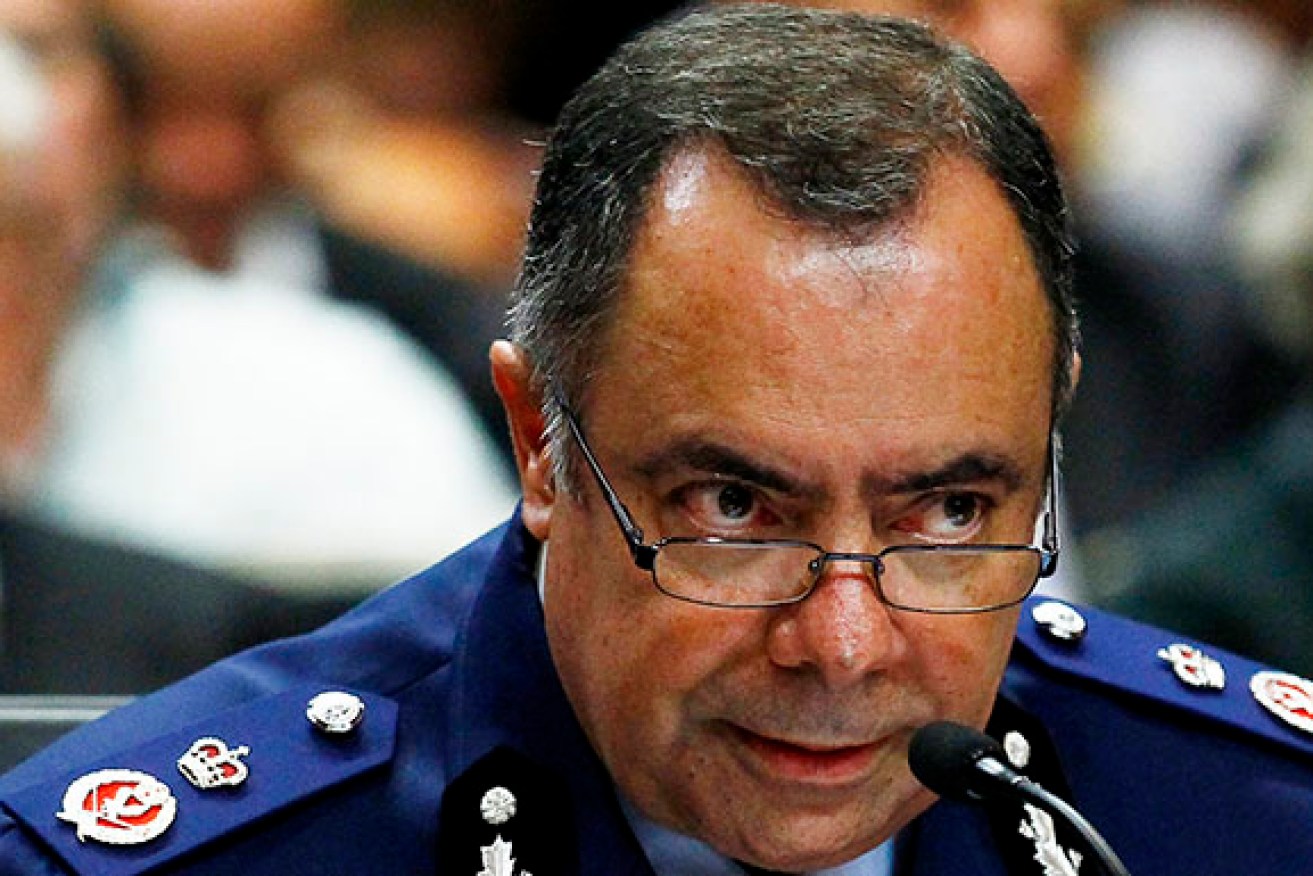Call for review of bugging laws

AAP
Drastic overhauls of laws around police phone tapping and the handling of police complaints are needed after an inquiry found a “woefully inadequate” system is not protecting people’s rights.
The NSW parliamentary committee has also called for a public demonstration that two of the state’s top-ranking police officers can work together after its inquiry exposed deep rifts at the highest levels of the force.
The final report released on Wednesday called on Premier Mike Baird and Police Commissioner Andrew Scipione to apologise to Deputy Commissioner Nick Kaldas, who was targeted in 80 surveillance warrants obtained with false or inappropriate evidence.
• Top cop fears ombudman
• The art of catching a crim: great Aussie stings
The inquiry into the handling of the long-running Operation Mascot scandal has also called for an urgent, open investigation to determine who should be the state’s next police commissioner.
It found Mr Kaldas’s main rival for the job, Deputy Commissioner Cath Burn, gave contradictory evidence about her knowledge of conflict between Mr Kaldas and senior internal affairs officers at the time of the Mascot probe in 2000.
Deep tensions between the officers were exposed, with Mr Kaldas blaming Ms Burn for suggesting he be targeted for surveillance that eventually included phone taps at his office, on his mobile and in his ex-wife’s home.
Ms Burn said she held reasonable suspicions of corruption at the time.
Committee chairman and Shooter’s Party MP Robert Borsak strongly supported Mr Kaldas and his suitability to be NSW’s next police chief.
“I think he would retain the confidence of all of the NSW police,” he said.
Mr Borsak said it was “a damn shame” Mr Kaldas was not in charge at the Lindt Cafe attack in Sydney, where 18 people were taken hostage.
Ms Burn was in charge of the operation, which has been criticised because two hostages died, including one during the rescue attempt.
Mr Borsak said he was not suggesting the operation was improperly handled.
“I just think that if (Mr Kaldas) had been there, I would have personally had more confidence in the whole process,” he said.
Among its findings, the committee reported that one warrant named 114 people, 46 of whom were included without grounds to justify eavesdropping on their private conversations.
Journalist Steve Barrett was named on 52 warrants, and the committee called for an apology to Mr Barrett.
The report recommends an independent inquiry to review how surveillance device warrants are granted by judges.
Mr Borsak said courts were under-resourced to deal with an increasing volume of warrant requests, while Greens MP and committee deputy chairman David Shoebridge labelled the system “woefully inadequate”.
The committee investigated after NSW Ombudsman Bruce Barbour failed to conclude his investigation, codenamed Operation Prospect, within six months. Operation Prospect is still running after two years.
The committee found Mr Barbour erred in pursuing wrongdoing within Operation Mascot while hunting the whistleblowers who brought it to the attention of its victims.
It urged a review of the Ombudsman’s powers, and the creation of one oversight body to deal with complaints against police.
-AAP








